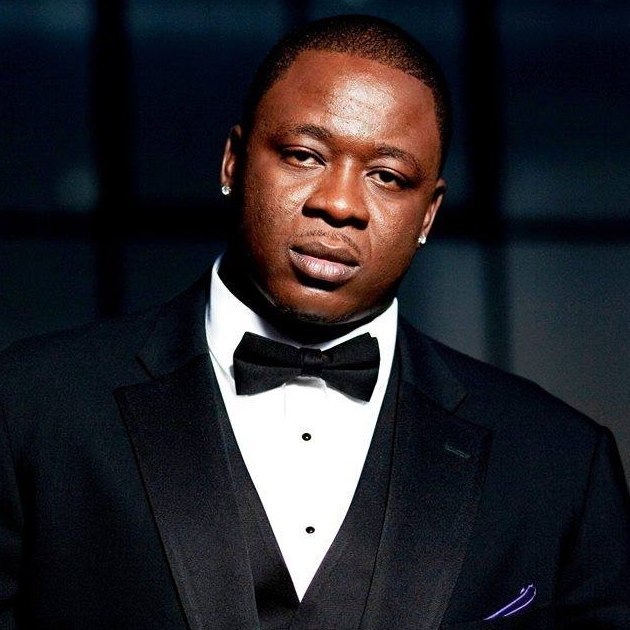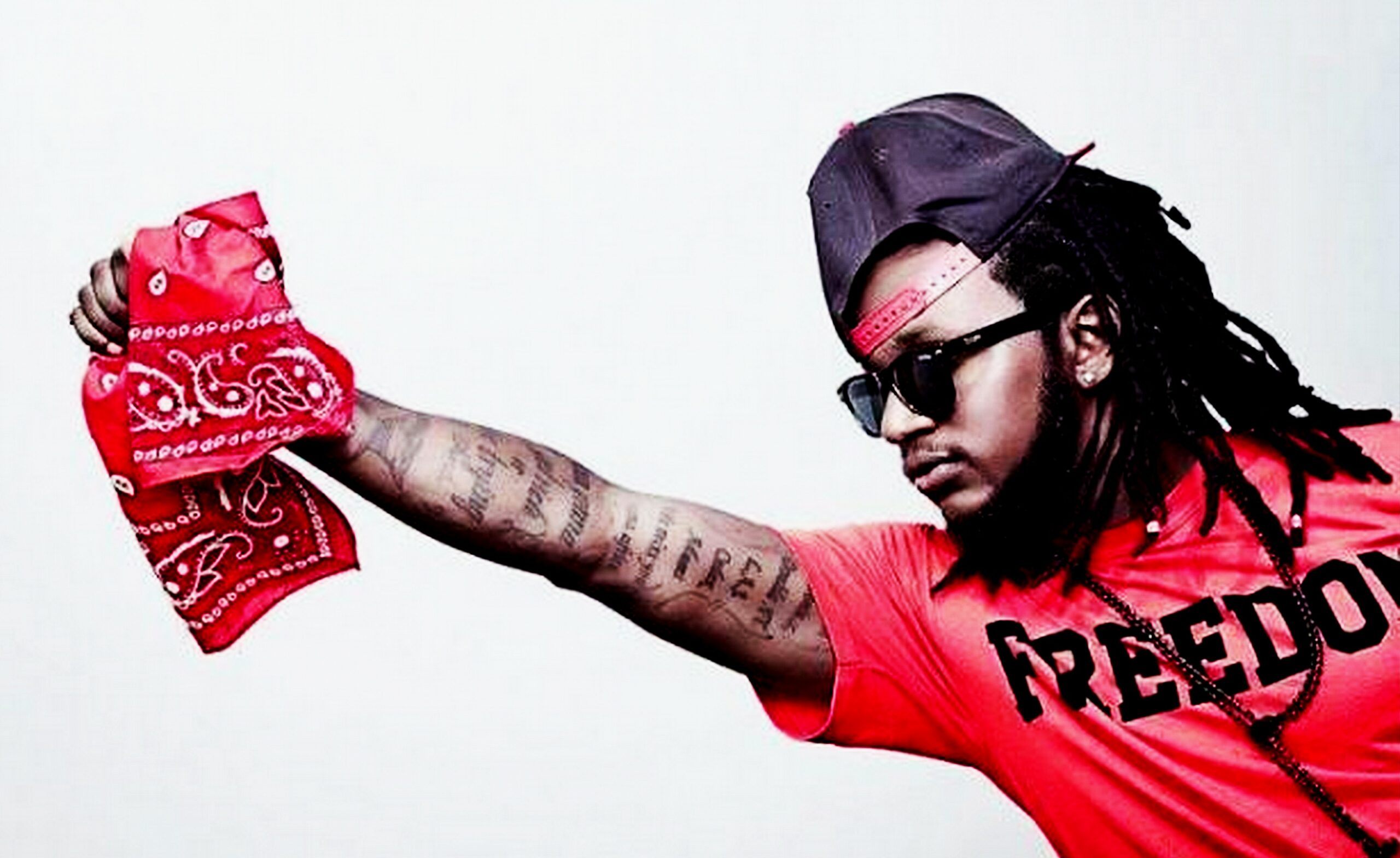
King Boss LAJ is the most misunderstood genius from Sierra Leone. Make no mistake. He is a highly respected mogul on the music scene. Since the modest beginnings of Hip Hop in the early 1990s, the question was not just whether the country could produce a world-class emcee. It was also about whether we could deliver a list of a few more. Singlehandedly, LAJ has built a sizable Red Flag fan base in Sierra Leone and the Diaspora. That was the earliest goal. Make Sierra Leone the Hip Hop Mecca of West Africa. In no circumstance make I recommend that Boss LA supplants any artist. For Hip Hop to flourish in Salone, we need more than a few options from which to choose.
The most crucial aspect of Hip Hop Kulture is your knowledge of self.
Although the Red Flag Music frontman has also produced some contention in the media, they do not praise his contribution to the development of the business of music in Sierra Leone. Boss LA has a direct influence on the Kulture. Remember that the way of life is just as significant as the music. Since 2009, LAJ has spent most of his time focused on recording hits songs, giving soldout concerts, and providing a platform for young protégés to pursue their careers. He came to the music scene with the smash hit “Money Na Bank” and enjoyed constant notoriety thanks to successful releases from his Talk of Salone masterpiece. With his robust online presence, LA also has strong backing in the Diaspora.
His stage presence also shows how he reaches the people with the Kulture. For those who do not know what I’m talking about, Hip Hop is a Kultural way of life. The music is only one part of that. The most crucial aspect of Hip Hop Kulture is your knowledge of yourself. Knowing who you are, being true to your brand, and never copying another artist or person, even to prove that you can do what they do. Boss LA and his RFM circuit have remained flaming hot since they arrived in 2009. Thanks to his determination, LA has become one of the country’s best-known musicians on a prolonged winning streak. My favorite of his tunes is a song called “Tawa.”
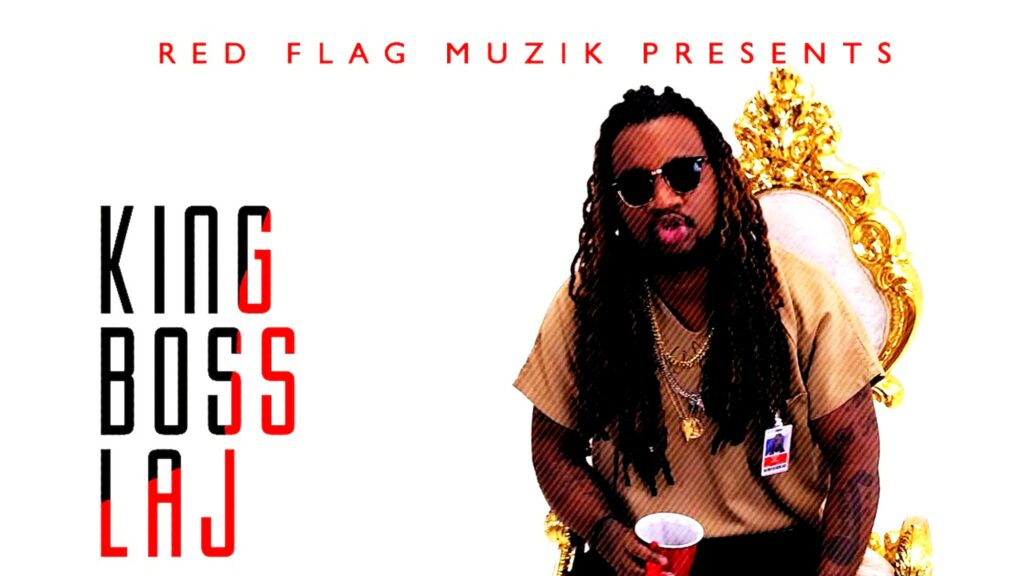
If Jimmy B is the “Godfather of Sierra Leone Music,” Kao Denero the “King of Freetown,” Freddy Will be the Sandmann, Boss LA is the Titan. Explorers look for stars in the cosmos. Figuratively speaking, picture Hip Hop as a planetoid in the solar system. There are many large natural satellites in the evolution of musicology in the country and the Diaspora. LAJ is a significant pioneer in Sierra Leone’s musical and Kultural planetoid. I have watched the musical genius from afar. Dejectedly, he is the only stigmatized known rapper in the country. But all that hate does not stop this star from ascending. That is another part of the Kulture, which he demonstrates – elasticity.
Any illiterate listener could soon become wiser from merely learning…
No, LAJ is not just a star or a luna. You would not be wrong if you described him as a planet. Remember, Titan is one of the moons on Saturn, but scientists often refer to it as a planet. In the mysterious and sophisticated world of Hip Hop in Sierra Leone, there are many talented artists. With so much happening in that world, however, it may be easy to overlook specific details in the artistic expressions that LA portrays in his music. This artist and CEO not only add catchy tunes to his flow, but he has also mastered the cadences from the cultural drum lines of our motherland. Nevertheless, with LA, you will not avoid the hardcore lyricism from the 1990s boom-bap.
Speaking of Kulture again, in many of LAJ’s interviews, if you notice, he speaks clear and articulate English. If one has a weak mentality, they would not see that he is bringing the youth up to speed with the American speech pattern, which is currently one of the leading means of communication on the planet. Any illiterate listener could soon become wiser from merely learning to understand fluent American English and all the slang or profanities it wields. That is empowering! Since 2012, I have interviewed DJ Jida Kizz of Airadio in Freetown. We centered most of these discussions around the encouragement of music promoters and organizers.
Various music festivals and carnivals could accommodate a platform for different art forms to develop in Sierra Leone. Jida and I aspired to motivate the country to hold celebrations and festivals. At that time, there were few to no of them going on. I gained the idea by performing indie music in Canada and visiting the Caribbean Islands. There was also an article in the Cocorioko newspaper. There I spoke about the creation of a Ministry of Arts. I broke down the different kinds of art and specified how we could augment each type in the country. The Sierra Leone music sector also needs the creation of music genres. We must define the different kinds of sound and give each one its particular category.
If I could help to stop the public lynching and the social media publicized character smears…
For example, what is the official name for the type of music that Lansana Sheriff plays? Do K-Man and Emerson make the same kind of music? If Sierra Leone Hip Hop is not in English and does not draw its cadences from Funk, Jazz, Blues, or Soul, what should we call it? These are similar to Kultural reformations, which Boss LA pioneered in the Sierra Leone Hip Hop industry. I will reiterate music is just one part of the Kulture. We have other sectors such as fashion/swagger, cuisine, language, self-knowledge, entrepreneurship, etc. And these are ideas that the Hiphoppas must develop as the Kulture evolves in the region. Music distribution is a vast and intricate business undertaking.
According to Sierra Express Media, LAJ was a freshman in 2010 when he competed at the Sierra Leone Music Television (SLMTV) Awards ceremony in Maryland, USA. I am not here to review his disputes. I want to concentrate on eliminating the controversy surrounding LAJ since 2010. There have been frequent physical attacks on LAJ when he parties at one of the nightclubs. The authorities have arrested and thrown him into prison more than twice. If I could help to stop the public lynching and the social media publicized character smears that turn this brother into a social and political scapegoat, I would be delighted—King Boss LA emphasized these concerns in his interview with The Phebe Swill Platform.
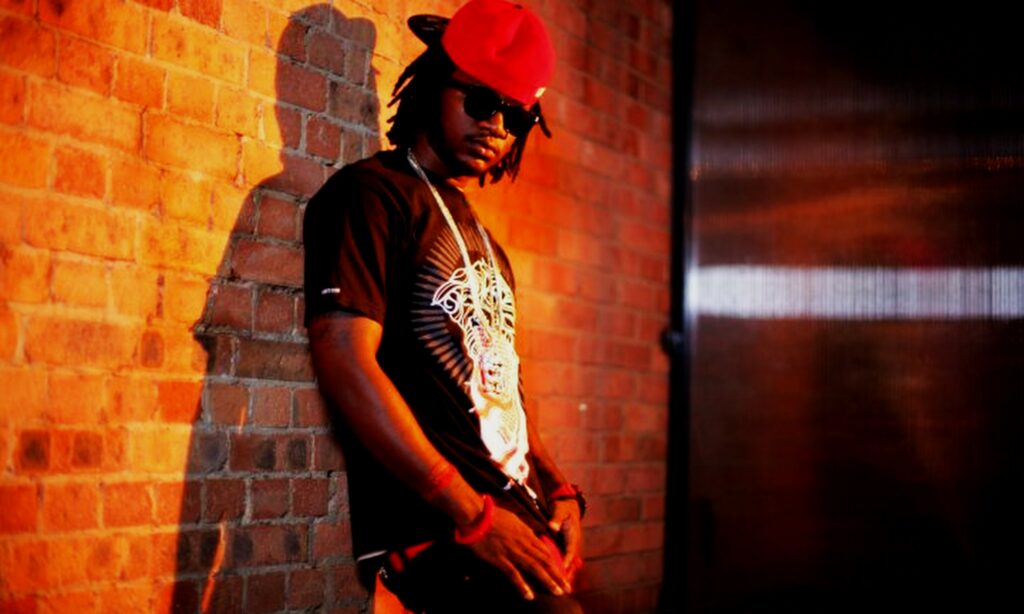
LAJ is also pioneering how artists should notice interviewers who focus on none music-related questions when questioning a Hip Hop musician. In most of his interviews, I’ve observed unfair questioning. Often, the interviewer rarely shows interest in his business ventures and achievements. They question the legality of his dealings. One even pressured him to declare a girlfriend. The superstar has spent a lot of time in Sierra Leone. Can it not be that he enjoys his country? He is a Sierra Leonean. Why is it a problem if he lives there? Can he prefer his country or exhibit no sign of financial deficiency? He works in a competitive industry where some of the best have naturalized abroad.
Some artists receive a visa to visit the Diaspora. Others have permanent residency in the US, Europe, or Australia. Therefore, critics have spread rumors that LAJ’s continued presence in Sierra Leone is a notable obstacle to the progress of this career. How about if we looked to the right side? LAJ’s constant presence in Sierra Leone is yet another beacon of his prominence. He is a role model. He demonstrates that artists who understand their work could succeed in Sierra Leone without traveling anywhere. Would he love to visit at some point? I can assume so. But that has to be convenient for him and not the critics. We, as his countrymen and women, should afford him his privacy.
Yet, the King Boss LA never fall short of producing one hit song after another.
For me, that is one of the best concepts and pioneers in the Sierra Leone Music industry can inspire. You can be a superstar in Sierra Leone without ever leaving the country. There are other singers like Emerson, Lansana Sheriff, and K-Man, who gained popularity long before they left the country to perform their music elsewhere. LAJ has taken that further and proved it could thrive in the country. That should be applaudable! So, what’s left if we eliminate the adverse reports and his decision to stay in Sierra Leone? Is it possible that the RFM leader will be the innocent prey of physical, verbal, or emotional assaults? Maybe the violence he experiences is from a position of self-defense.
I would fight if I found myself in such a situation. The allegations of anger, abuse, or crime are probably socially engineered to defile his reputation. Does this talented rapper and songwriter undergo several intricacies that are necessary for the end of his career? Yet, the King Boss LAJ never fails to produce one hit song after another. He has filled the National Stadium with beholders and can pack banquet halls in the Diaspora. I see people question and judge this rapper about everything he does, about his activities, loyalties to people he knows, or about political decisions he made in recent elections. No one praises his strength to accept so much opposition with a stride.
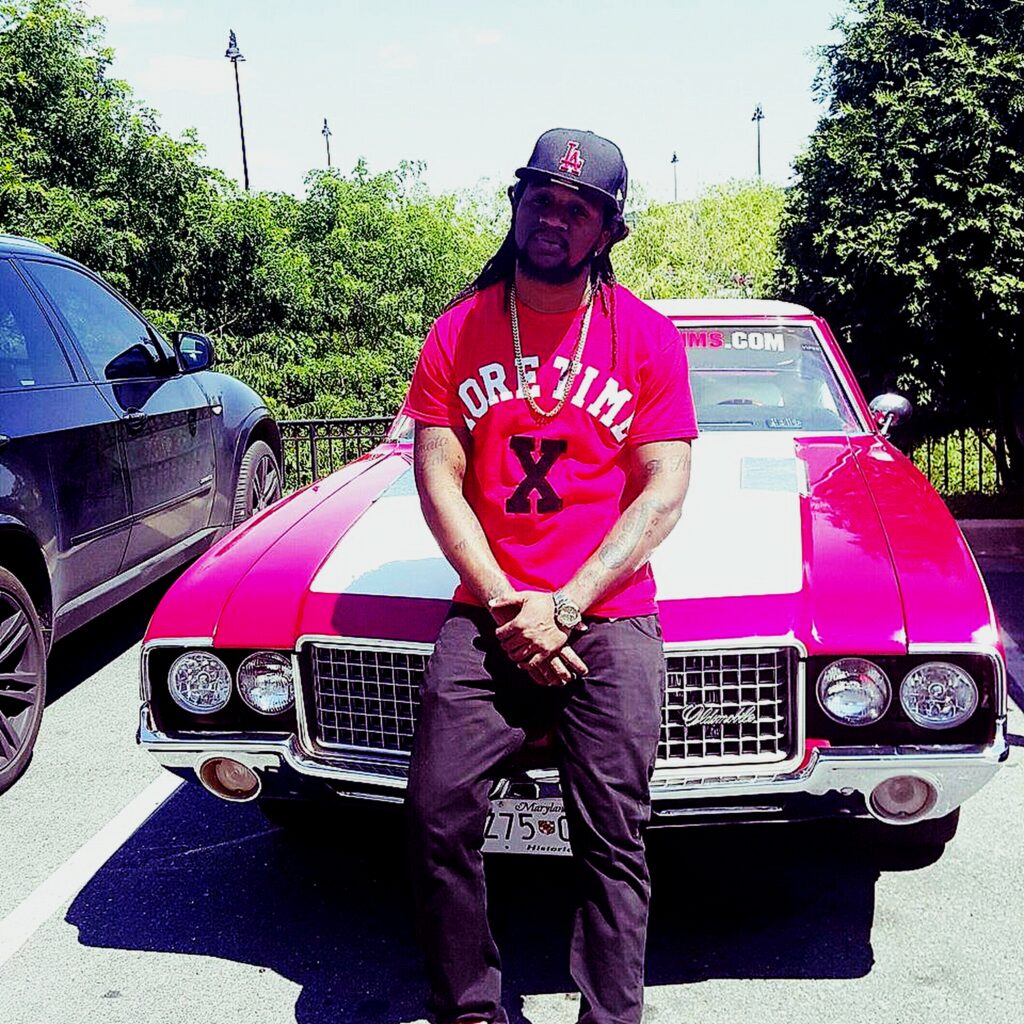
You often hear him calling for peace and calm while explaining his side of the story. In most of his social media videos, I saw Boss LA giving good advice and doing his best to change people’s mentality from unprogressive to resolute. It’s not often that you see him bragging. He often points to the difference between perception and reality in his parallel. LAJ has given many other (up-and-coming musicians) a platform to start their careers. He signs new artists to his label and helps them build allegiance with the audience. He is a Kultural icon in Salone. Speaking of Hip Hop development in Sierra Leone, some online fans scratched their heads when I included Kao Denero with this generation of Salone Hip Hop.
I did the same with Boss LA and Yok 7. My point was that Salone Hip Hop had experienced different epochs since 1990. Due to longevity, some rappers have been successful in more than one period – for example, many Hiphoppas respected Shadow Boxxer in the long-forgotten time of 1992. In 1995 it was all about Jimmy B. In 1999, it was Abu White. Again, according to Sierra Express Media, as a Freshman, LAJ received a nomination for “Best Hip Hop” at the SLMTV Award Show in 2010, along with Black Spoon, Problem M, Kao Denero, and Shadow Boxer. They were all from different eras in Hip Hop. Where Kao Denero was the veteran, LAJ was a freshman at the same time.
…every musician who has survived from past times and is still active belongs…
Every musician who has survived past times and is still active also belongs to this generation, at least technically. While living in Toronto, Canada, in 2010, we received our Grammy nomination from the Recording Academy. Kao and LA were absent in 1992, 1995, and 1999. The same applies to the era of 2019 when both of them are the most prominent musicians from Sierra Leone. Since Shadow Boxxer was in the ’92 period, he returned in 2010, when SLMTV nominated him along with Kao and LAJ. You can say he survived the times. Now we are all here in 2019 as some of the most successful musicians from the country, each with our paths and accolades.
I meant no disrespect when I said that Sierra Leoneans must change their mentality. We must remember where we started, connect the dots, and respect each other’s accomplishments. For such free people, we tend to sway with trends very quickly. Some believe that if one praises a rapper indirectly, they are disposing of another when that is not the case. We never seek to understand the origin of the trends we follow. A rapper who has reinvented his or her style and survived the next era with new releases belongs to both. Kao Denero has maintained the longest streak since arriving in the mid-2000s. He continues to do so till now (2019).
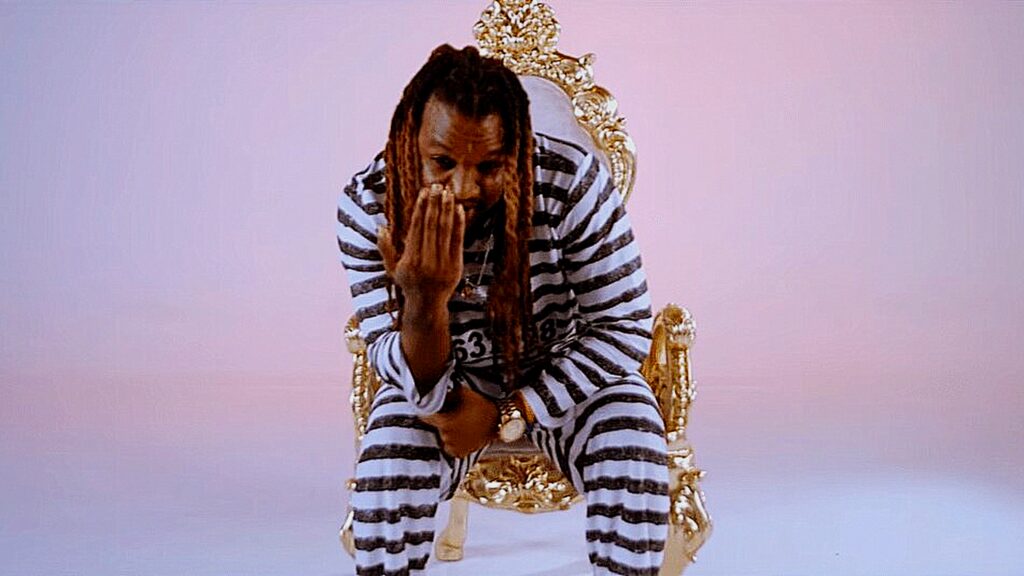
There have also been a few eras in the decade since LAJ rose to prominence. He covered all of the ages when he was active. Therefore, he did not debut in this era but belongs here. That is what I was saying. The point I am making here is that the mentality has to change in Sierra Leone. If we are to take our performing arts from a sector to industry, we must adjust how we treat each other. One of the first things we must do is create a chronological order of the artists who have come and gone. We must support every Sierra Leonean artist regardless if they were born overseas and perform a different kind of music. And we must appreciate all forms of art.
We must look for the good in people like LAJ, for example, instead of just dwelling on the negative rumors that have stigmatized his reputation to the point where it’s justified to discriminate against him. We must make these adjustments to our minds if we hope to evolve. I’ve named these blogs the evolution of Hip Hop in Sierra Leone for a reason. I will publish them for everyone to read and then republish them for the final time in the sixth volume of my book series, “The Sandmann’s Journal.” There is a reason why I am taking the time and effort to document this information. People will not forget these musicians like what almost happened to the generation that introduced Hip Hop to Sierra Leone.
Right now, if you ask a Sierra Leonean, who are the Kabba Brothers? Many may not even remember them. Some people barely remember Dr. Olor anymore. A lot of Sierra Leonean Hiphoppas did not even remember Shadow Boxxer. They have forgotten cultural icons like Natty Dave, Musu Pelle, or David Usman. Our mentality must change. We must appreciate each other. Some people ask what LAJ has done for Sierra Leone music. They do so in comparison to others, but each artist has a different circumstance with a different story. LAJ is teaching us how to be resilient. He is showing us how to continue to thrive even in the wake of adversities. That is the beauty of Hip Hop.
Someone who would have been nobody was able to get into the United States…
King Boss LAJ plays an essential role in the evolution of Hip Hop in Sierra Leone, but the people may not see that if all they hear are the stories of his controversies but never those of his triumphs. So instead of looking for a star to fall so we can rejoice over that, we should extend an olive branch. If you believe that he cannot travel overseas because of immigration issues, then you should make it happen. Instead of one artist launching their shows at the stadium or tour within the Diaspora, we should launch group shows and tours. An independent organization should organize and promote such events as Hip Hop festivals and world tours for all the artists to perform. That is what our industry needs.
That is how Hip Hop creates opportunities for people through strong public relations. Looking at the story of LAJ, I see one marked by legend. Even if he lived abroad with fake papers and eventually got deported. If those reports are accurate, we should know a genius instead of a gangster. Someone who would have been nobody could get into the United States, where he established a career and became one of the best rappers. That’s an epic story! And now, with all the adversities, discrimination, and controversies he faces, he is creating a platform for other artists to have the opportunity to begin a career at least. I wish I had had such a boss in Salone as a teen.*
